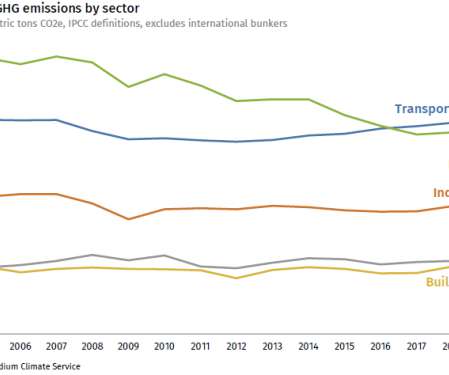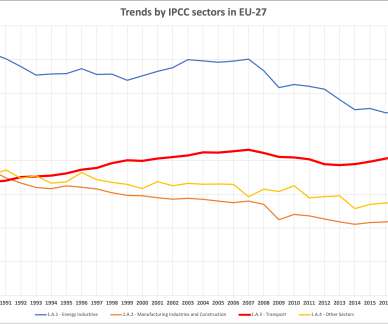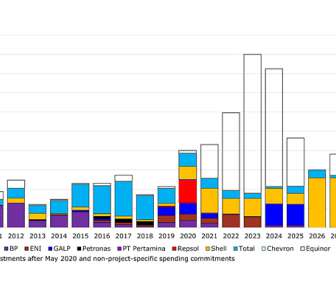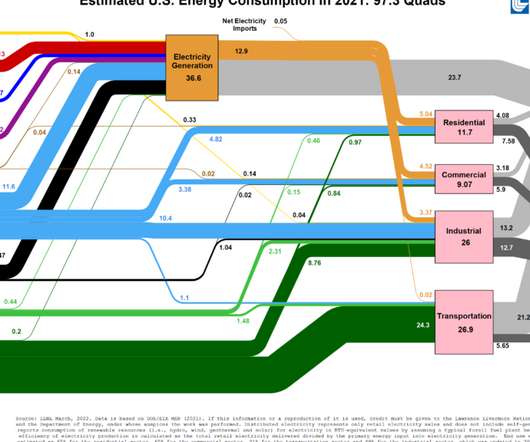BP: world on unsustainable path; growing divergence between demands for climate change action and pace of progress
Green Car Congress
JUNE 12, 2019
This year’s edition highlights the growing divergence between demands for action on climate change and the actual pace of progress on reducing carbon emissions. The longer carbon emissions continue to rise, the harder and more costly will be the necessary eventual adjustment to net-zero carbon emissions.



























Let's personalize your content